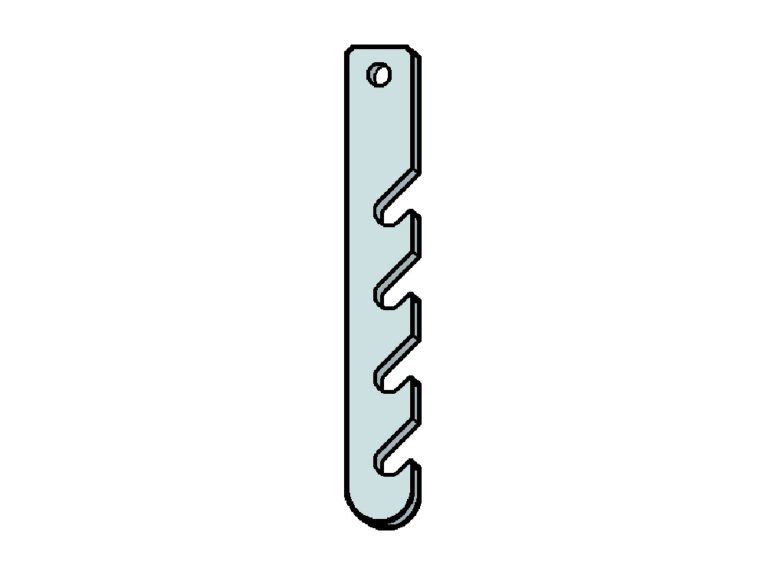le parti & la partie
Homonyms are words that share the same spelling or pronunciation but have different meanings. In this article, we’ll delve into two French homonyms: “parti” and “partie.”
Meaning and Usage
1. Le parti:
- Meaning: In its masculine form, “le parti” refers to a political party, a group with a particular set of beliefs and goals. It can also mean “departure” when used as a noun.
- Gender and Spelling: Masculine.
- Examples:
- “Il a rejoint le parti politique de gauche.” (He joined the left-wing political party.)
- “Le parti de l’équipe est prévu à 18 heures.” (The team’s departure is scheduled for 6 p.m.)
2. La partie:
- Meaning: In its feminine form, “la partie” signifies a part, a portion, or a game (such as a match in sports or a board game).
- Gender and Spelling: Feminine.
- Examples:
- “J’ai mangé une partie du gâteau.” (I ate a part of the cake.)
- “Nous avons gagné la première partie du match.” (We won the first part of the game.)
Etymology
1. Le Parti:
Latin Origin: The word “parti” has its roots in the Latin word “partitus,” which is the past participle of “partire,” meaning “to divide” or “to share.” In Latin, “partitus” referred to something that had been divided or shared, which laid the foundation for the French term.
Old French: In Old French, “parti” was used to describe a division or sharing of something. Over time, it evolved to encompass political factions or groups with specific beliefs and objectives. In the realm of politics, it came to denote a “party” or a “faction.” This transition from a general meaning of division or sharing to its specific political connotation mirrors the historical development of political parties in Europe.
2. La Partie:
Latin Origin: The feminine noun “partie” also traces its origins to Latin. It is derived from the Latin word “partia” or “pars,” which means “part” or “portion.” In Latin, “partia” referred to a share or a portion of something.
Old French: In Old French, “partie” continued to carry the meaning of a part or a portion. As the French language evolved, “partie” retained this basic sense and expanded to encompass various contexts where the idea of a part or portion was relevant. This includes referring to a section of a game or match, as well as a part or portion of any larger entity.
The distinction between “le parti” (masculine) and “la partie” (feminine) in modern French reflects the historical development of these terms from their Latin roots. “Le parti” moved from a general sense of division to a political faction, while “la partie” retained its fundamental meaning of a part or portion, which can be applied to various contexts.
Idiomatic Expressions
French, like many languages, is rich in idiomatic expressions that incorporate these homonyms:
- “Prendre parti” (To take sides): This phrase uses “parti” to signify aligning oneself with a particular group or opinion. For example, “Elle a pris parti pour les plus démunis” means “She took sides with the underprivileged.”
- “Être de la partie” (To be present, to participate): Here, “partie” refers to one’s participation or presence in an event or activity. For instance, “Serez-vous de la partie ce soir ?” translates to “Will you be present tonight?”
- “Faire partie de” (To be part of): This expression employs “partie” to denote belonging to a group or category. For example, “Il fait partie de l’équipe de football” means “He is part of the football team.”






